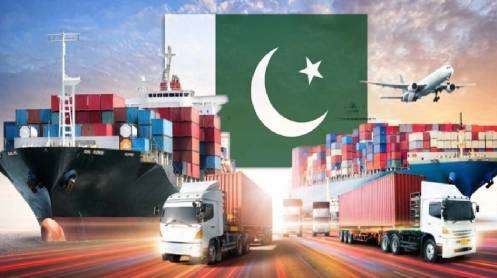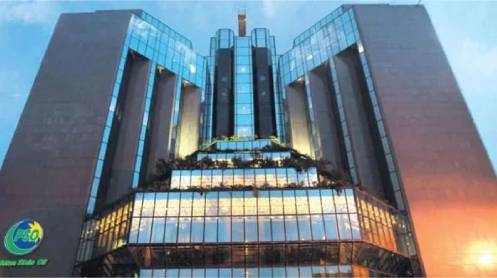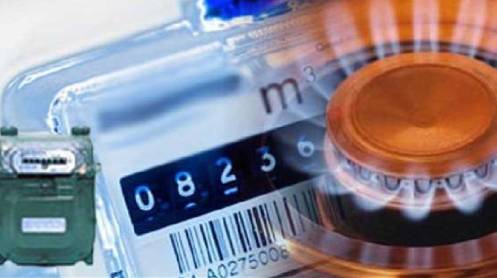ISLAMABAD: Pakistan’s trade deficit widened sharply by nearly 46% year-on-year in September 2025, hitting $3.34 billion as imports surged and exports contracted, raising fresh concerns over external sector stability.
According to Pakistan Bureau of Statistics (PBS) data, imports climbed 14% to $5.85 billion, while exports fell 11.7% to $2.5 billion compared with the same month last year. On a monthly basis, the deficit expanded 16.3% versus August.
For the first quarter of FY26 (July–September), the trade gap rose 32.9% to $9.37 billion. Imports during the three months stood at $16.97 billion, up 13.5%, while exports dipped 3.8% to $7.6 billion. Economists warn that the widening gap could pressure foreign reserves, fuel rupee volatility, and complicate debt repayments amid Pakistan’s reliance on external financing.
PBS data also showed the services trade deficit growing 21.9% in August to $437 million, driven by a faster rise in services imports (13.4%) compared to exports (8.4%). However, in FY25 overall, the services gap narrowed 15.8% to $2.62 billion due to improved exports.
Independent economists caution that Pakistan’s trade imbalance highlights a structural weakness in its export base. Former Finance Ministry adviser Dr. Khaqan Najeeb noted that over-reliance on agriculture and textiles — which together account for most of Pakistan’s $30–31 billion annual exports — leaves the country vulnerable to external shocks.
He stressed the need for diversification into higher-value sectors such as technical textiles, processed foods, branded agro-products, light engineering, and IT/BPO. “To unlock export potential, Pakistan must move beyond low-complexity, commodity-driven growth by ensuring affordable energy, smoother logistics, wider access to finance, and a globally competitive workforce,” Dr. Najeeb said.
Experts believe without urgent reforms to enhance industrial competitiveness, boost regional trade, and curb non-essential imports, the ballooning trade gap risks derailing recent stabilisation gains under the IMF programme.
Story by Israr Khan







